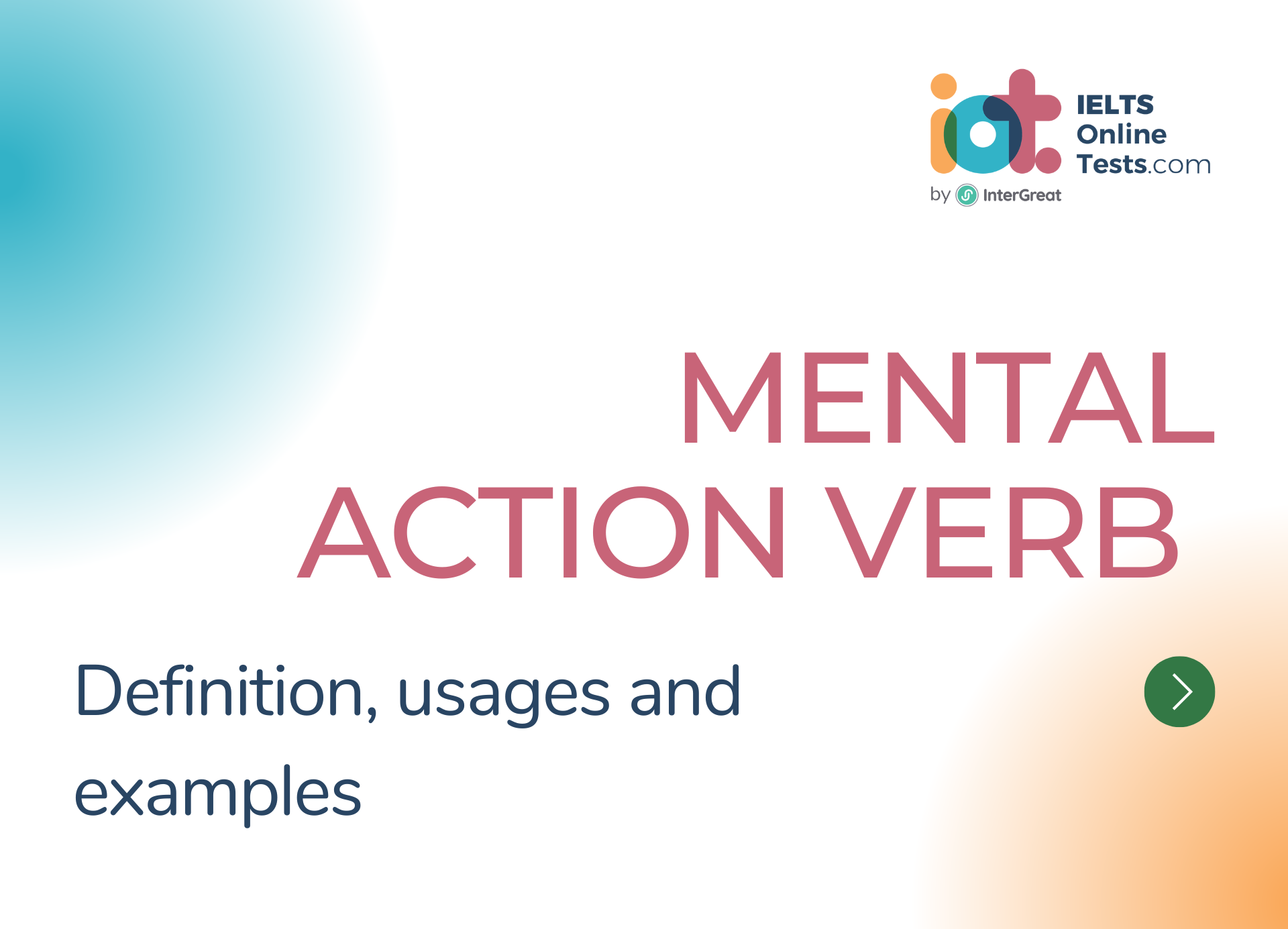
Mental action verb definition and examples
Mental action verbs are verbs that describe actions related to thinking, perceiving, or feeling. They represent internal processes that occur in the mind or emotions of an individual. Mental action verbs allow us to describe cognitive activities and emotional experiences.
Here's a detailed explanation of mental action verbs with additional examples:
Mental Action Verbs:
- Mental action verbs describe actions related to thinking, perceiving, or feeling.
- Example:
- "He believes in himself." (The verb "believes" represents a mental action related to one's beliefs and thoughts.)
Examples of Mental Action Verbs:
- Think: "She thinks deeply about the problem."
- Understand: "He understands the concept easily."
- Remember: "They remember the event vividly."
- Believe: "She believes in the power of positivity."
- Imagine: "He imagines a world full of possibilities."
- Know: "They know the answer to the question."
- Learn: "She learns new things every day."
- Plan: "He plans his schedule carefully."
- Consider: "They consider different options before making a decision."
- Feel: "She feels happy about her achievement."
Additional Examples of Mental Action Verbs:
- "He reflects on his past experiences."
- "They analyze the data to find patterns."
- "She visualizes success in her mind."
- "He contemplates the meaning of life."
- "They evaluate the pros and cons."
- "She perceives beauty in every detail."
- "He meditates to find inner peace."
- "They brainstorm ideas for the project."
- "She anticipates the upcoming challenge."
- "He dreams of traveling the world."
Mental action verbs allow us to convey internal processes, thoughts, and emotions. They help us describe cognitive activities and explore the realm of our minds. By incorporating mental action verbs into our writing and speech, we can express the richness of our thoughts and feelings, creating more engaging and expressive communication.









Comments: